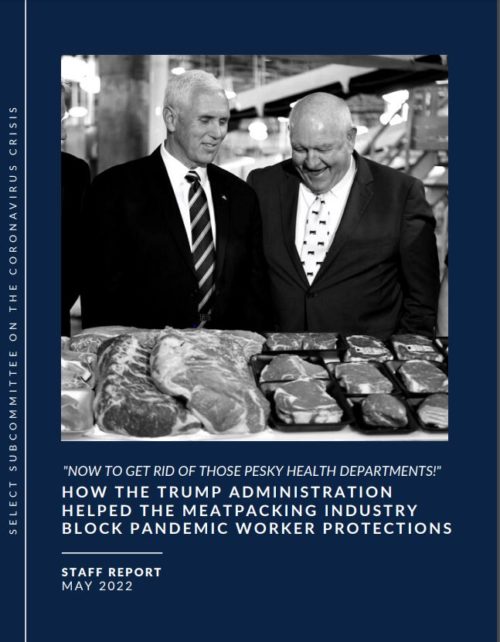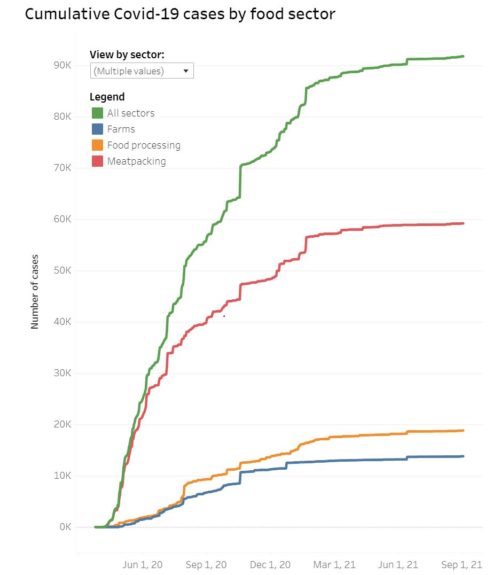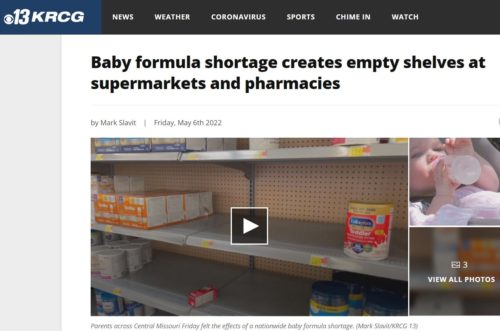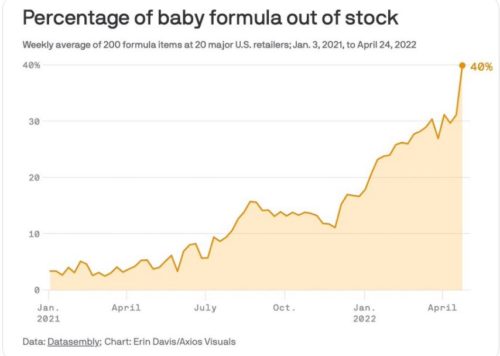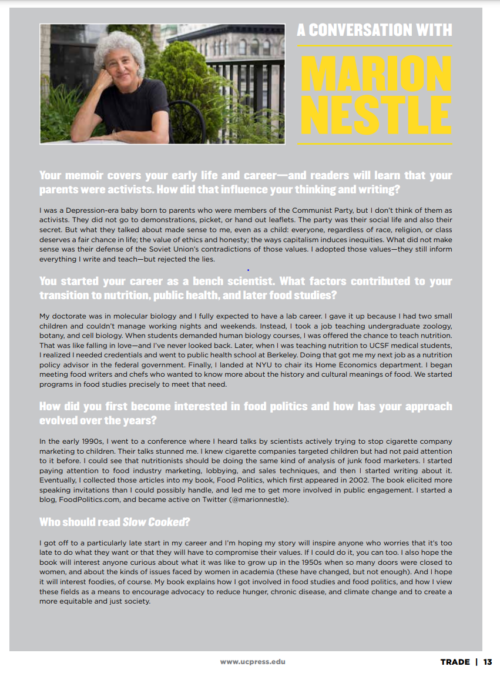Cell-based meat and milk: wonders of modern food technology?
None of this stuff is on the market yet, which is good or bad depending on how you look on it. Maybe it’s just me, but these in-the-works products seem weird beyond belief.
Here’s what I’ve collected recently.
- Human milk the next challenge for cellular ag: Why not make human milk in a lab? As improbable and far-fetched — and maybe even blasphemous — as it may seem, scientists are working on doing just that. More than that, some are predicting the final product will be available in three or four years. “Startups are racing to reproduce milk in the lab,”… Continue Reading
- Opalia’s Animal-Free Milk Is Now One Step Closer to Supermarket Shelves: Canadian foodtech startup hits key milestone on the road to commercialization by eliminating fetal bovine serum from its cell-based milk manufacturing.
- Cultivated meat, cell-cultured meat, lab-grown meat? Comments submitted to USDA over how best to label meat and poultry made from animal cells grown outside of animals reflect the challenge facing US regulators as they seek to nail down nomenclature in this nascent market as startups in the space edge closer to commercialization…. Read more
- The Bloody Secret Behind Lab-Grown Meat: Maybe we can’t have our steak and eat it guilt-free, too.
- Making cultivated meat ‘bleed’ with red algae: ‘Even cell-based meat looks pale; it will need our solution’: New red microalgae discovered by Israeli start-up Yemoja adds ‘bloody’ juiciness to plant-based burgers and steaks, as well as cultivated meat products…. Read more
Even weirder, but perhaps more palatable, is making protein out of air.
- How Air Protein is making the journey from concept to product: The startup that makes carbon dioxide into a meat analog has been turning science and the need for more sustainability into something co-founder and CEO Lisa Dyson says can feed the world.
And here is a report from Food and Water Watch
- ‘Lab Meat’ Industry is Big Ag in Disguise: New research shows that plant-based meat props up industrial farm system.

